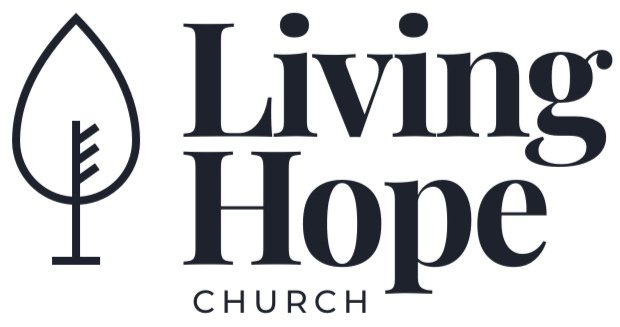The Westminster Larger Catechism question and answer 20 states:
Q. What was the providence of God toward man in the estate in which he was created?
A. The providence of God toward man in the estate in which he was created, was the placing him in paradise, appointing him to dress it, giving him liberty to eat of the fruit of the earth; putting the creatures under his dominion, and ordaining marriage for his help; affording him communion with himself; instituting the Sabbath; entering into a covenant of life with him, upon condition of personal, perfect, and perpetual obedience, of which the tree of life was a pledge; and forbidding to eat of the tree of the knowledge of good and evil, upon the pain of death.
In our reading of Genesis 4-6 this morning we read of the first murder. It did not take mankind long to fall into an estate of sin and misery (see WLC 23). And in chapter 6 we come to the familiar start of the recounting of Noah and his life and work and the favor he found with the Lord. But in between there is chapter 5 - the one we are all tempted to skip because, quite honestly, genealogies aren’t all that fun to read. But it’s included for a reason. So then, what can we learn from a listing of names?
Well, that’s my question this morning for us - what can we learn? Maybe take a moment and reread this chapter.
What do you notice that is repeated (at least 8 times)?
What is that repetition telling us?
To what does this point?
Where in Scripture does the repeated phrase get dealt with? (cf. 1 Corinthians 15:54-57; Revelation 21:4)
How does this fuel your worship of our God?


